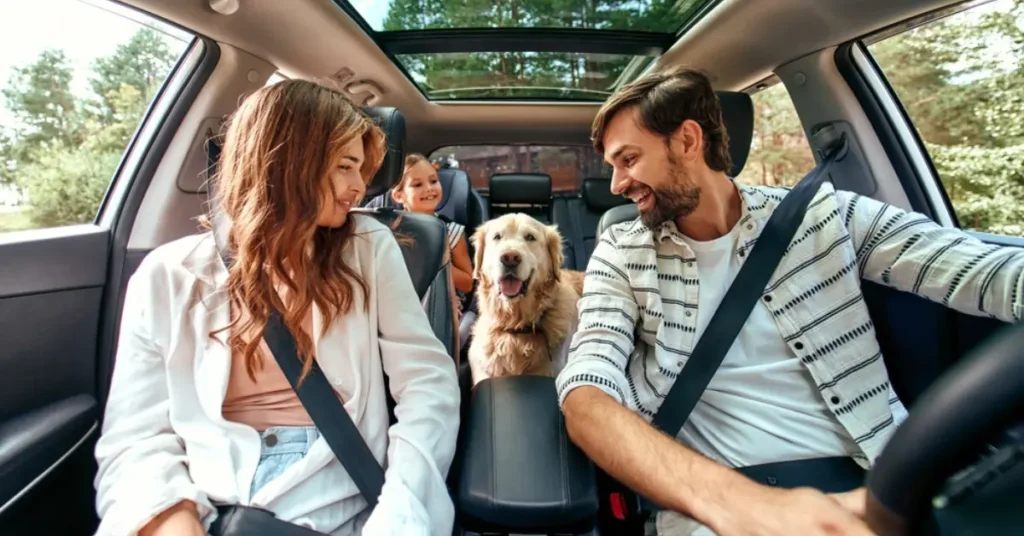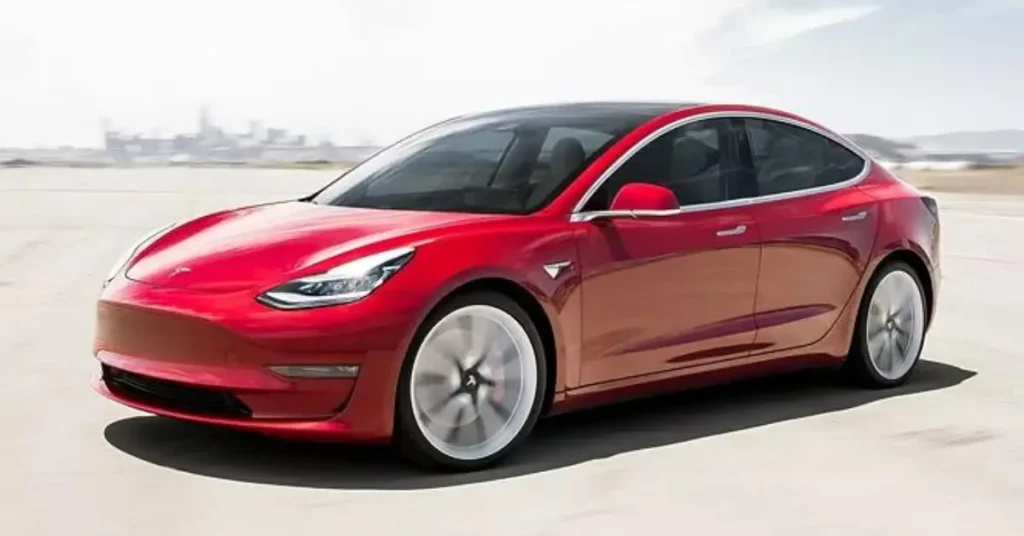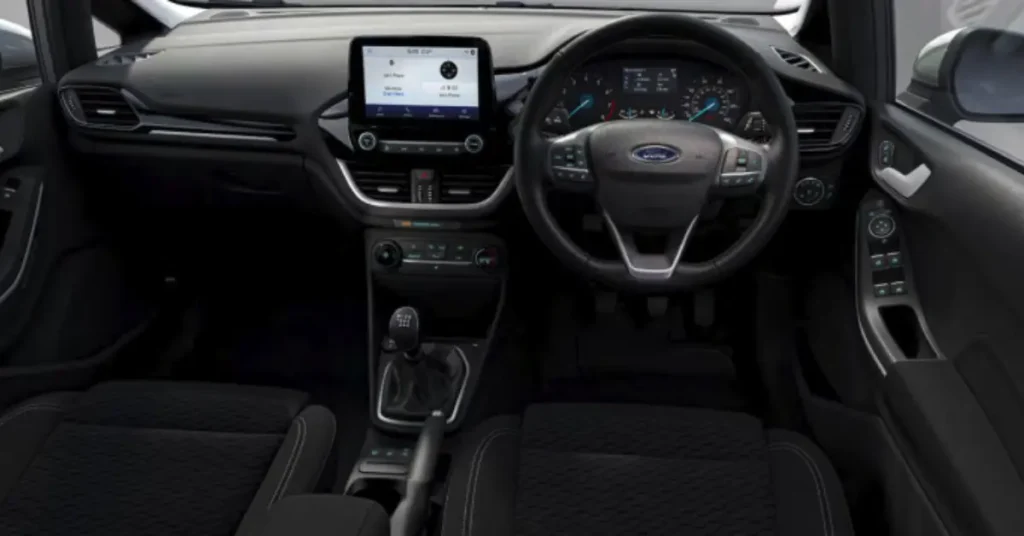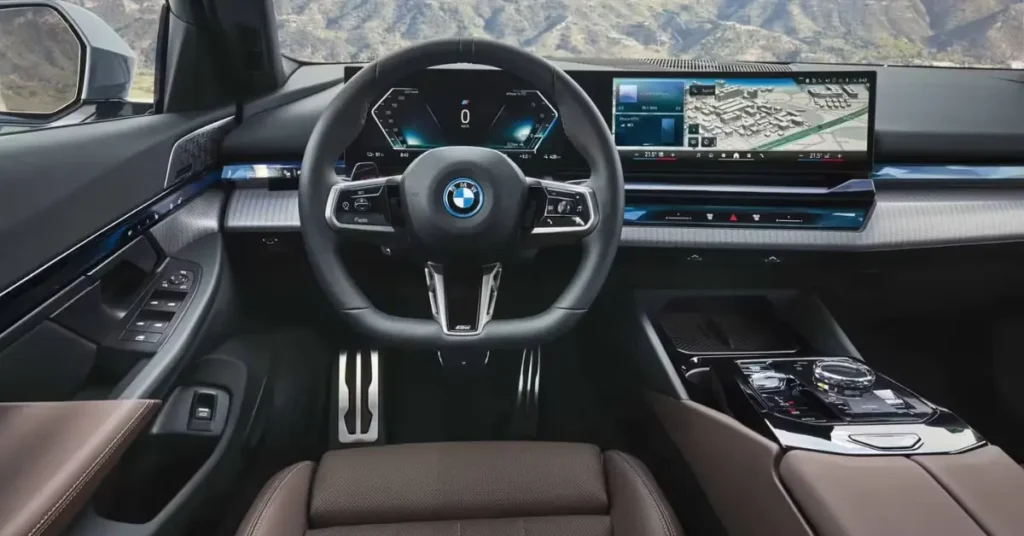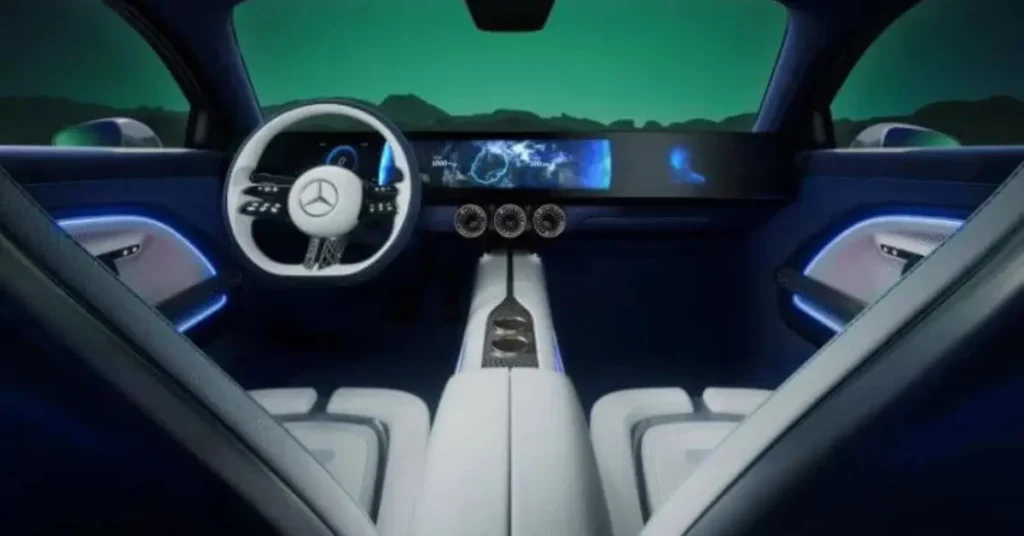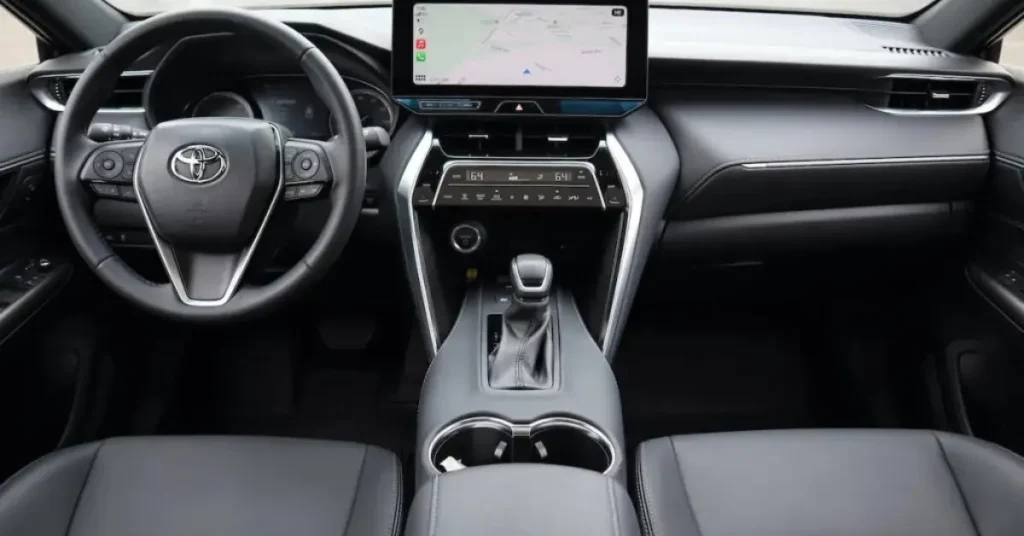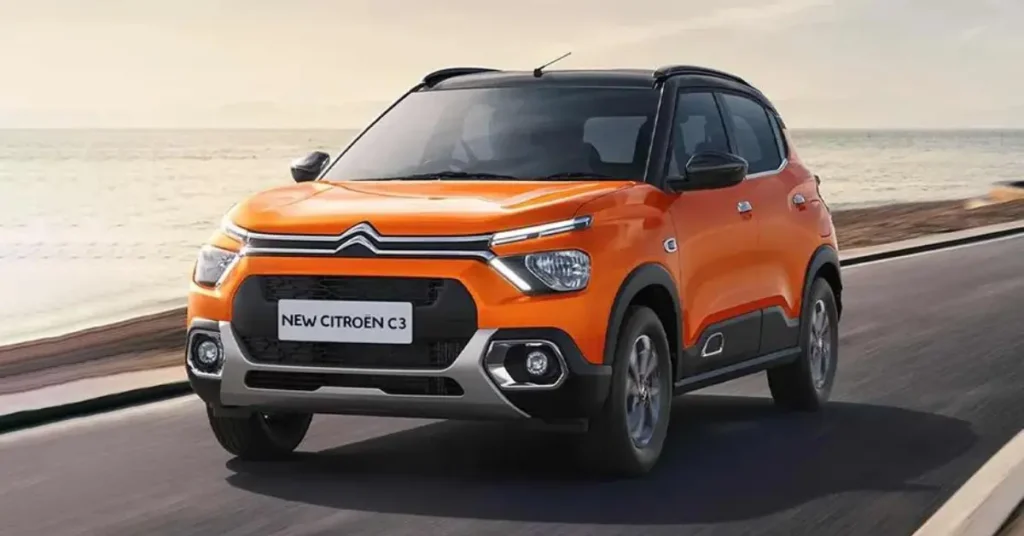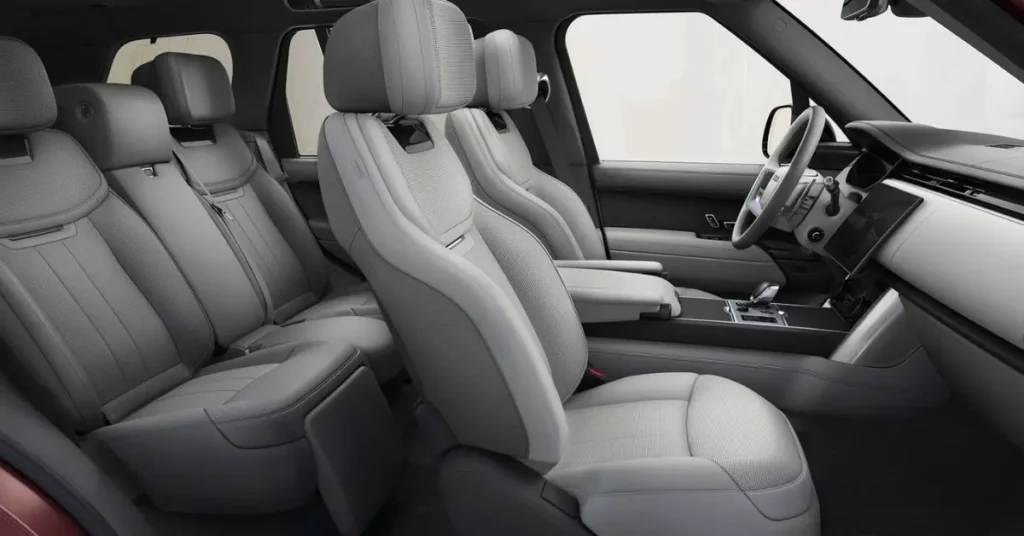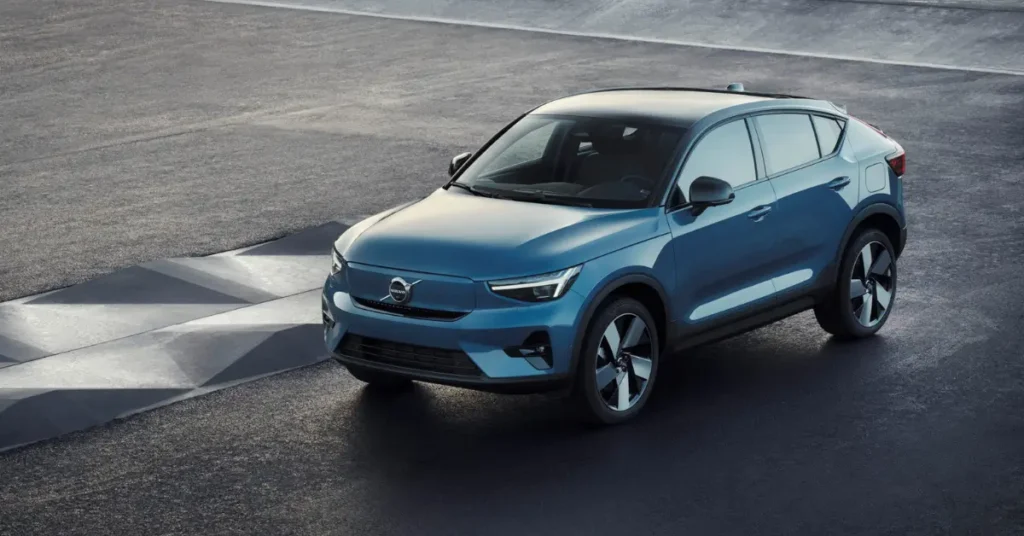Ditch the Cowhide, Embrace the Wowhide: Your Guide to Vegan Leather Car Interiors
Is It Possible to Buy a 100% Vegan Car?
The short answer is not really, No.
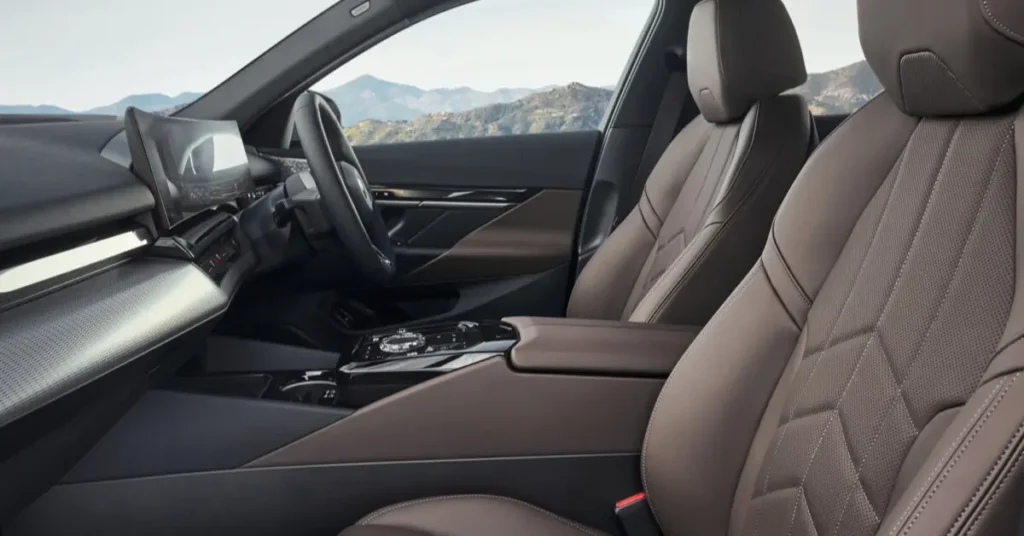
© BMW
What Does 'Vegan Interior' Mean?
In cars with vegan interiors, no animal-derived materials – like leather or wool – are used for the surfaces, including the seats, paneling, steering wheel, and gear stick.
Please note that interior options may differ from country to country, so the availability of a vegan interior is not always guaranteed. Only the latest versions of car models are listed. Don’t hesitate to contact your local dealer for clarification if in doubt.
10 car manufacturers offering vegan leather interiors.
© Tesla
Tesla
Tesla removed all leather from the Model 3’s interior, making it completely vegan. Both the environment and the corporation have advanced significantly with this. The Model S and X might follow soon after the Model Y, which is the next in line to go vegan. Both Tesla and the environment will benefit greatly from this approach. One of the leading causes of deforestation and climate change is the manufacture of leather. Tesla’s use of vegan materials contributes to its efforts to lessen environmental impact.
© Ford
Ford
Ford is one of the automakers that is most suited for vegans. In fact, a survey conducted by British auto dealer Dick Lovett found that the company offers thirty distinct automobile models that are suitable for vegans. For instance, the most recent iterations of the well-liked Ford Fiesta are equipped with non-leather seats by default.
© BMW
BMW
BMW declared it would introduce its first cars with all vegan interiors in 2022. It said, “The BMW Group is meeting the growing demand, particularly in the U.S., China, and Europe, for vegan and leather-free interiors. This demand is expected to grow in the near future.” Its new 5 Series is the first to have an all-vegan interior produced with its own Veganza leather, according to a more current update from May 2023. Customers purchasing BMW X1, BMW iX1, and BMW 2 Series Active Tourer cars will also be able to select Veganza starting in July 2023.
© Mercedes-Benz
Mercedes-Benz
Mercedes-Benz quietly leads the charge in sustainable luxury with the VISION EQXX, a concept car boasting vegan interiors from recycled plastic, mushrooms, cacti, and silk. While PETA urges a brand-wide shift, Mercedes already offers several production models like the Marco Polo, Vito, and V-Class with leather-free options. Their commitment extends beyond animal welfare, with CEO Ola Källenius redefining modern luxury as “sustainable—and sustainably fascinating.” This eco-conscious revolution within a bastion of luxury could be the key to unlocking a greener future for the auto industry.
© Toyota
Toyota
According to PETA, Toyota provides vegan interiors as standard in several models, such as the Aygo, Prius, and Corolla Hatchback. With 11 leather-free vehicles available, the Japanese automaker is among the top 25 vegan-friendly automakers, according to Dick Lovett’s analysis.
© Citroën
Citroën
© Jaguar Land Rover
Jaguar Land Rover
Jaguar Land Rover’s Chief Creative Officer, Gerry McGovern, expressed a shift in attitude toward animal byproducts in 2017, stating a desire to move away from traditional leather due to ethical concerns. In 2021, the company took action by introducing its first vegan interior options in collaboration with Ultrafabrics. This marked a significant step towards offering environmentally conscious alternatives, reflecting the growing trend of “Vegan Leather Car Interiors.”
© Volvo
Volvo
Volvo committed to selling exclusively electric vehicles by 2030, with leather-free interiors. Volvo currently offers leather-free models, such as the S60, V60, and C40 Recharge, responding to consumer demand for cruelty-free options. The shift aligns with growing concerns about animal welfare, providing eco-conscious consumers with immediate access to vegan-friendly Volvo cars.
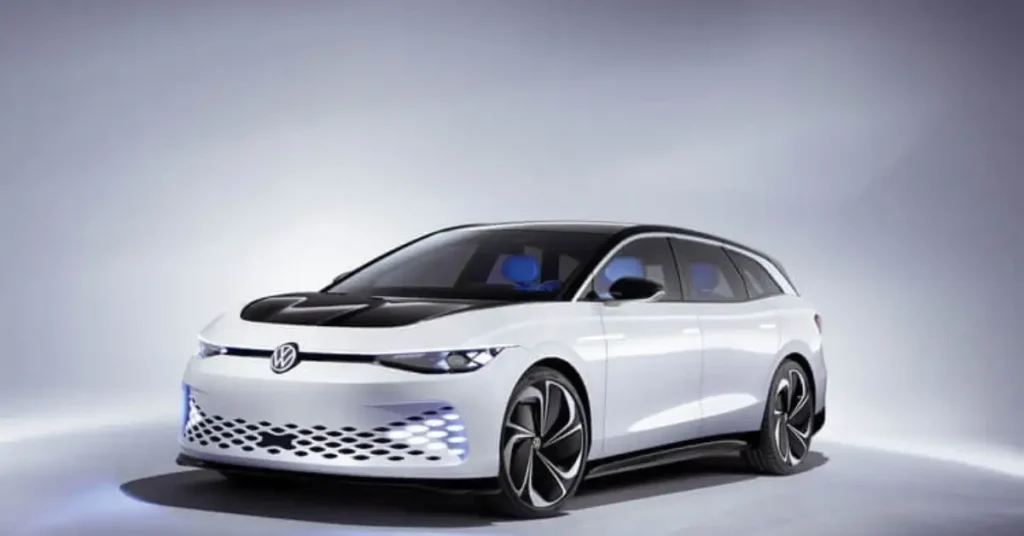
© Volkswagen
Volkswagen
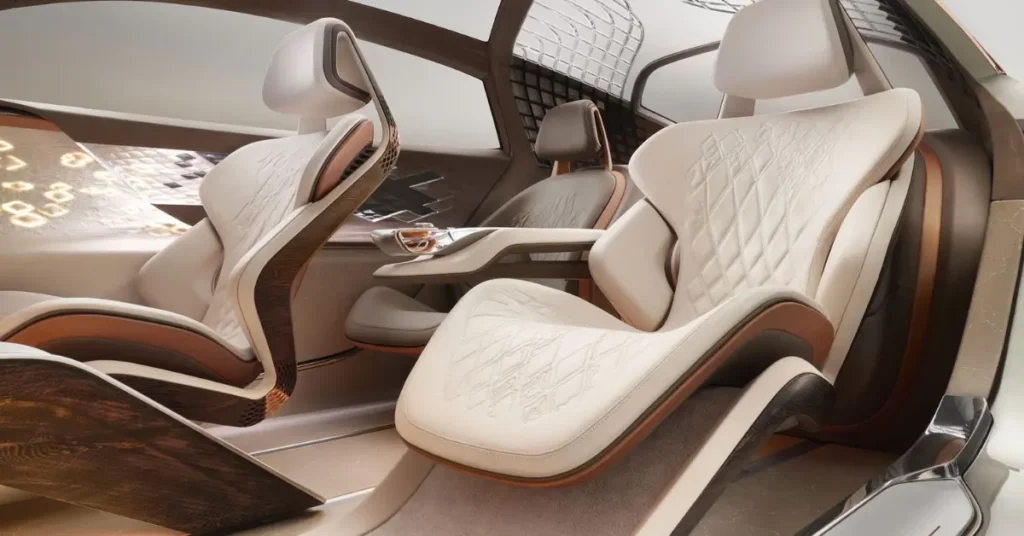
© Bentley
Bentley unveiled an interior design that featured vegan grape leather (derived from wine industry waste) from Vegea, the 2017 Fashion Awards innovation winner from PETA U.K.
Porsche is a member of the vegan leather group as well. The German automaker revealed the details of its next Taycan model in August. It will come in tanned Club Leather and vegan leather. According to Porsche, the former produces 80% less carbon dioxide during production than its counterpart derived from animals. Porsche’s new car will also have environmentally friendly flooring. Econyl recycled fiber, derived from discarded fishing nets, will be used.
Making leather harms animals contaminates the environment, and poisons tannery workers. When looking for a new car, search for an opulent, high-performing, leather-free interior that is fashionable, long-lasting, reasonably priced, and compassionate towards the environment and cows.
Read More About;
FAQ
Vegan leather, also referred to as synthetic or faux leather, is a material that perfectly replicates the texture and appearance of real leather without utilizing any animal products during production. Numerous materials, including polyurethane (PU), polyvinyl chloride (PVC), and plant-based materials like pineapple leaves, cork, or mushrooms, can be used to make it.
Not every time. Some plant-based alternatives still employ synthetics, which have an impact on the environment, but they avoid animal cruelty. into a greener ride, look into more recent, entirely plant-based options like pineapple leather.
Just like real leather! Maintaining its shine and preventing cracks requires routine washing with a moist cloth and the right conditioner. Steer clear of the sun and strong chemicals. Check the manufacturer’s guidelines for specific care instructions since they may differ.
Not necessarily! Vegan leather interiors can be priced similarly or even slightly less than high-quality traditional leather. However, some luxury vegan options can cost even more than top-tier real leather.
An increasing number of car manufacturers are offering vegan leather interior options as standard or as an upgrade. Popular brands like Tesla, BMW, Volvo, and Lexus offer vegan leather options in some of their models. Researching specific car models and checking with dealerships will help you find options that align with your preferences.

